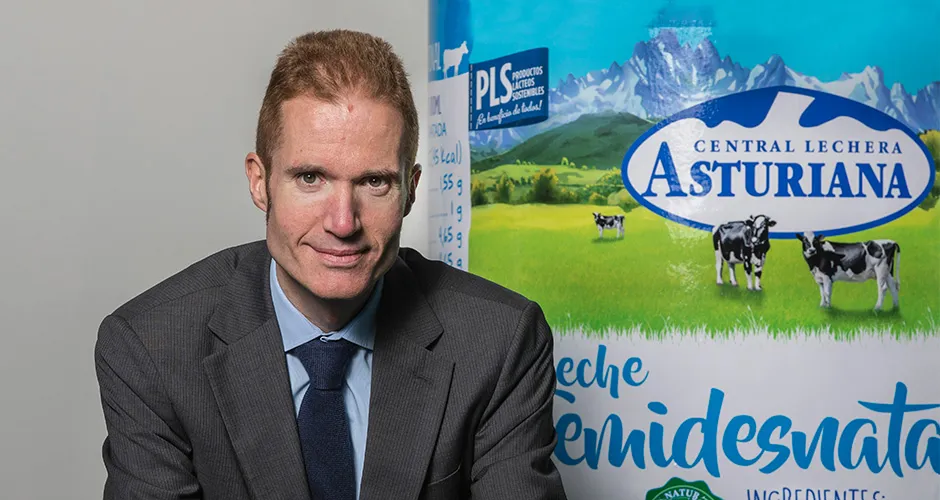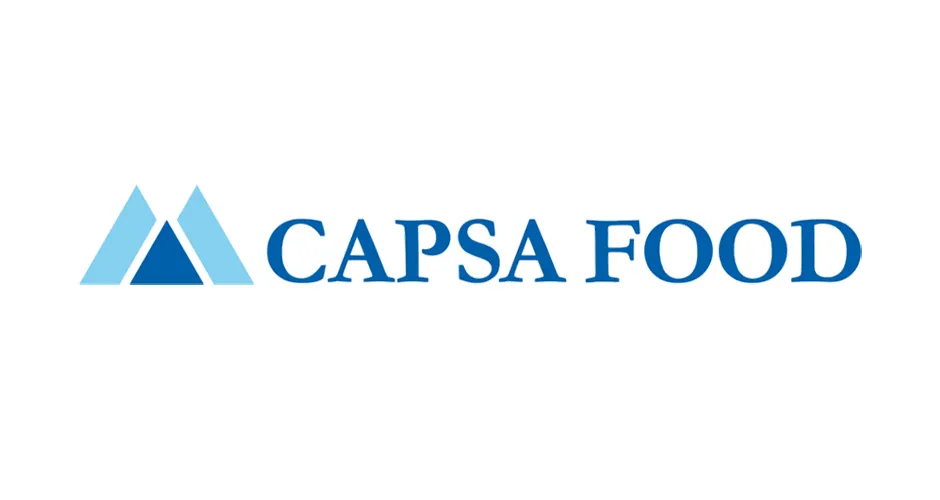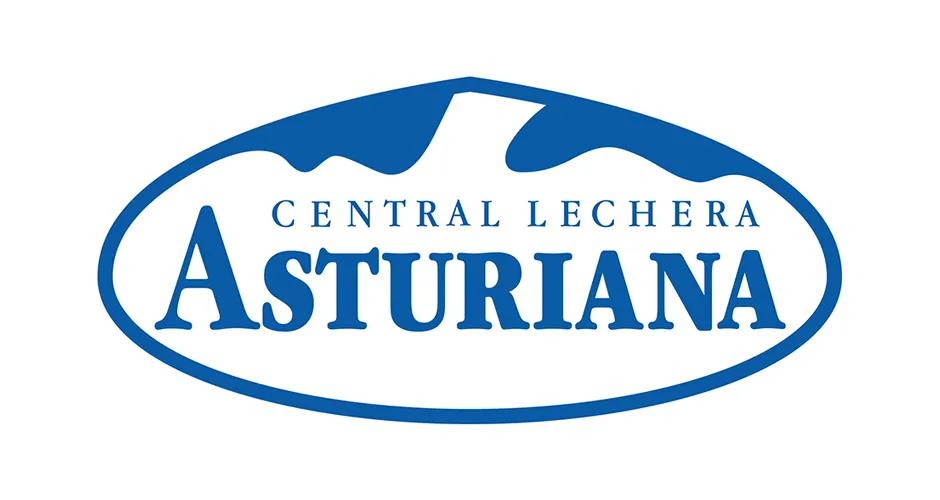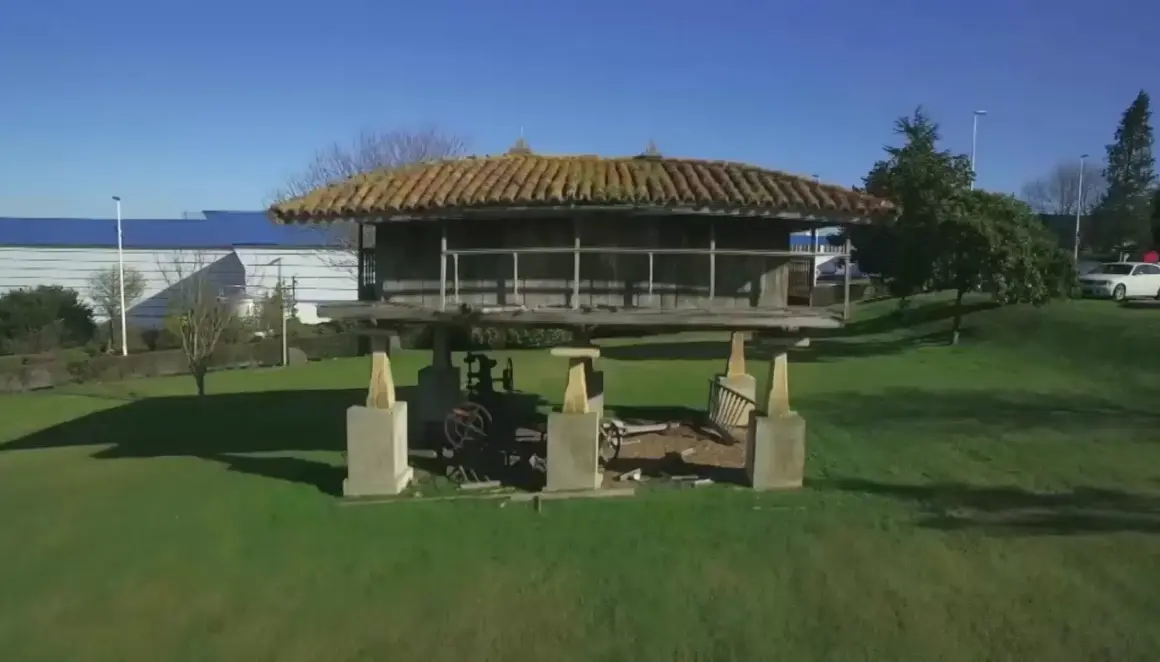- Personalities from civil society, culture, the university and the company participate in “When you consume, you vote”, the talk show with which the channel will debut.
- Roberto Tojeiro (Gadisa), Ignacio Rivera (Estrella Galicia), Alfredo Ramos (R) and artist Antón Reixa, among others, will give their personal and professional views about the consumer society.
- The foundation’s aim is to offer useful tools to consume with freedom, but with knowledge of the repercussions that the choices they make have on the model of society.
Talking about the real impact that our consumption has on today’s society is the aim of Knowcosters TV, the online channel created by the Knowcosters Foundation (www.knowcosters.org) to promote informed consumption, which was presented today at the Barrié Foundation to numerous personalities in the social, cultural, academic and business world. The event was attended by the Minister for Social Policy, Fabiola García.
Knowcosters TV debuts in the digital world with the talk show Cuando consumes votas (When you consume, you vote) –which airs on YouTube– and its title summarises the Foundation’s philosophy to a great extent, which is committed to informing consumers and providing them with useful tools to have all the data needed before buying: proposing mindful consumption. This was explained by the creator Miguel Conde-Lobato, founder of the entity and author of the book ‘Knowcosters, Cuando el low cost es el mal’ (Knowcosters, When low cost is evil), during the channel’s debut presentation. He announced at the event that José Armando Tellado –whom he praised for his dedication and enthusiasm “from the first minute”– will be Chairman of the Foundation.
After expressing his appreciation for being appointed, Tellado stressed that the Foundation’s objective is not to criticise any form of consumption, but to inform society and to offer tools that provide valid information. “This is a civic, and not ideological, approach so that people can decide with greater knowledge, although consumption is not demonised in any way,” he said.
Thus, adding that the Knowcosters Foundation will promote forums and debates, among other actions, it reflects on the impact of consumption in our model of society. “It’s about looking for diagnoses, but also finding solutions for the major challenges generated by a society like ours that is built around consumption,” explained José Armando Tellado.
Power of decision
The program Cuando consumes votas (When you consume, you vote) addresses consumption through the eyes of prominent professionals in companies, the media and culture. All relevant figures and with decision power. José Armando Tellado, General Manager of CAPSA; Roberto Tojeiro, Chairman of Gadisa; Ignacio Rivera, General Manager of Estrella Galicia; Alfredo Ramos, CEO of R; businessman José Antonio Orozco; General Manager of La Voz de Galicia, Lois Blanco; journalist Fernanda Tabarés and musician, writer and producer Antón Reixa will star in the first season where Conde-Lobato, its driver, offers a relaxed, almost family-like format, to talk without restriction with the guests about their vision of consumption and society.
Renowned publicist Toni Segarra and directors of different media, including Manuel Ferreiro (El Ideal Gallego), Alejandro Pan, director of Radio Coruña Cadena Ser, and Ignacio Capeáns (Onda Cero), have already confirmed their participation in the second instalment of the program which, through 15-minute episodes, is a great platform promoting Knowcosters thinking.
Be selfish
“We are not protectionists. We are informationists. We do not appeal to altruism, to conscience or to responsibility, which are great options, but they are not ours. We appeal to selfishness, because it is an act of self-defence,” said the founder of the entity, a supporter of consuming manufactured products “where there are good working conditions, where your children can work.”
Conde-Lobato opted for consumption as the main civic tool after voting, and is convinced that the way people consume “can change the world” because when buying, we make choices that contribute to building the world in which we live.
A precursor book
The Knowcosters Foundation was founded in 2013 in A Coruña after the well-received book ‘Knowcosters, Cuando el low cost es el mal’ (Knowcosters, When low cost is evil) was launched; a provocative title and authentic precursor to informed consumption. Contributing to society knowing and valuing good social and environmental practices and what is sometimes hidden behind an incredibly low price, such as job insecurity, is the aim of the Foundation, which defends consumers’ power to change the world. Its aim is not to indoctrinate or to lecture, but to inform so that each person can act freely.
The entity undertakes its activity from a dual perspective. Firstly, by generating tools that inform consumers at a time close to the purchase, such as the Tax Footprint, which indicates the country where online stores pay their taxes, and the Triple Marking, so that brands disclose the price of the product, as well as the cost for the Welfare State and for the planet.
The foundation “grows up”
A second aspect is promotion in forums, collaborations with media, organisations, associations, information campaigns at times of mass consumption (Black Friday or Christmas) and creating its own channel. In this sense, Knowcosters TV marks a before and after, because the Foundation is growing with the channel, “it is growing up”, says Conde-Lobato. Knowcosters TV was conceived to fill a gap: the misinformation that surrounds the world of consumption. Because, paradoxically, the best-informed society in history is buying products and services every day without knowing their origin, how they are manufactured or what their production or distribution entails for the planet.
Almost 7,000 followers in social networks and almost 200 e-commerce businesses have already joined this movement, which reminds people that bad practices have increasingly visible consequences: unemployment in Spain is 26% and 1 in 4 employees under 29 years old is at risk of poverty or social exclusion.




